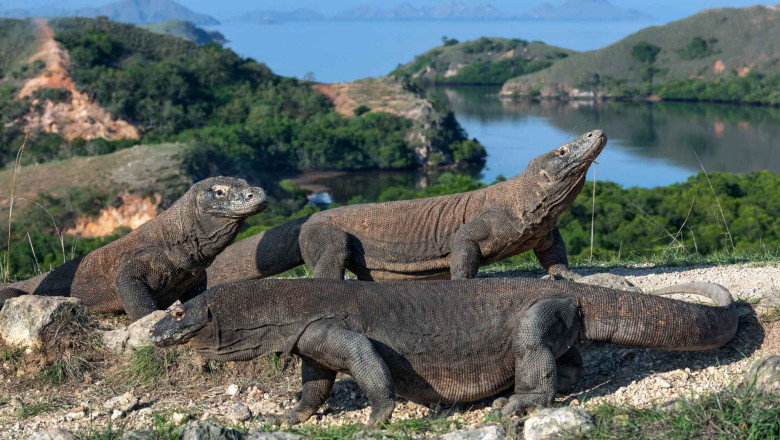views
What's at Stake for Labuan Bajo's Tourism Industry?
Komodo Island, part of Indonesia's iconic Komodo National Park, has long been a magnet for global tourists, nature lovers, and marine adventurers. However, recent talks about the partial closure of the national park have sparked intense debate among local communities, conservationists, and tourism stakeholders. While the move aims to protect the natural environment, many fear it could harm Labuan Bajo's thriving tourism economy. This article explores the multifaceted controversy and what's truly at stake.
The Push for Conservation in Komodo Island
The government's rationale behind the proposed closure centers on conservation. Komodo Island is home to the world-famous Komodo dragons and has seen a sharp rise in tourist numbers over the past decade. Officials claim this puts pressure on terrestrial and marine ecosystems, prompting calls to limit human activity in certain park zones to ensure long-term sustainability.
Some proposals even include capping daily visitor numbers or temporarily closing key areas to allow nature to recover. Authorities argue that such measures are essential to maintaining the ecological balance, protecting endangered species, and preserving coral reefs suffering from overtourism.
Local Resistance and Economic Concerns
Despite the conservation arguments, many residents of Labuan Bajo and surrounding areas strongly oppose the closure. Komodo Island tourism is the backbone of the local economy, employing thousands in sectors like hospitality, transportation, and tour guiding. From small warungs to luxurious Komodo liveaboard operators, businesses fear they will suffer significant losses if access is restricted.
Community leaders have expressed concerns that decisions are being made without sufficient dialogue or impact assessments. They argue that protecting Komodo Island doesn't have to come at the expense of their livelihoods—and that responsible, community-led tourism could be a viable compromise.
What This Means for Tourism Operators
Tourism companies offering Komodo tours already feel the uncertainty's ripple effects. Some report a slowdown in bookings as travelers hesitate to commit without clarity on what parts of the park will be accessible. Komodo dive sites, renowned for their biodiversity and pristine waters, are particularly sensitive areas that may be affected by the proposed regulations.
Meanwhile, Komodo liveaboard operators—whose multiday trips depend on full access to park zones—advocate for clearer policies and timelines. They emphasize that eco-friendly travel infrastructure is already in place and that more support should go toward improving regulation enforcement rather than outright closures.
The Need for Balanced Solutions
As the debate continues, one thing is clear: a balanced, transparent solution is needed. Stakeholders agree that protecting Komodo Island's fragile ecosystems is vital, but so is safeguarding the local population's livelihoods. A well-managed model of sustainable tourism that includes community participation, eco-regulation, and visitor education could offer a path forward.
Labuan Bajo's future as a gateway to Komodo National Park depends on conservation efforts and policies that ensure fairness, clarity, and inclusivity.














Comments
0 comment